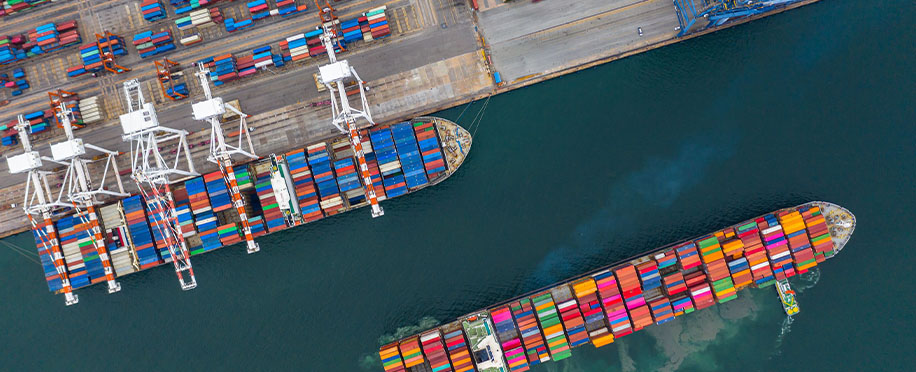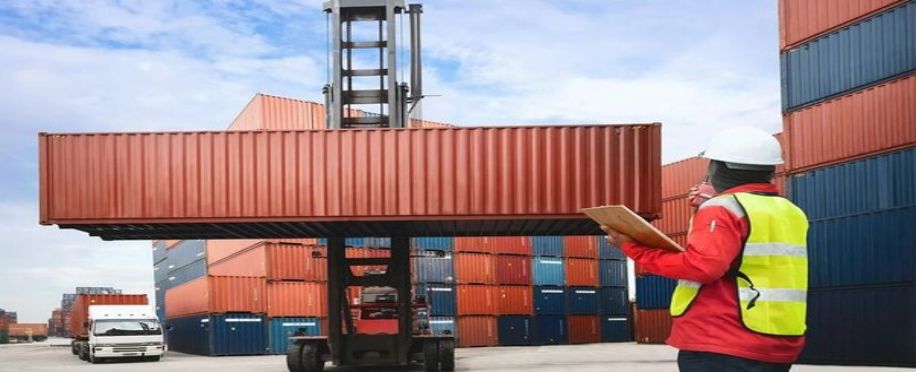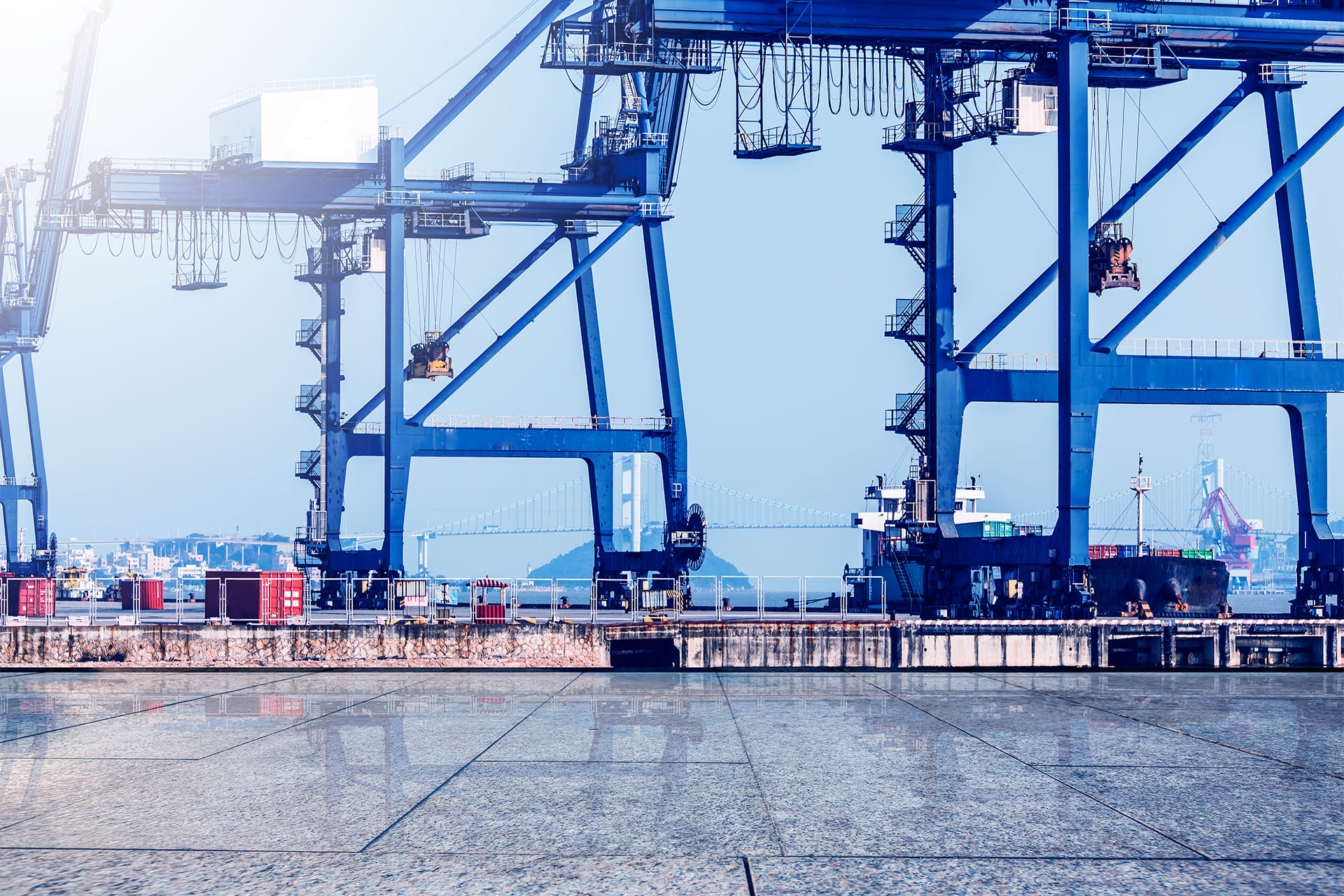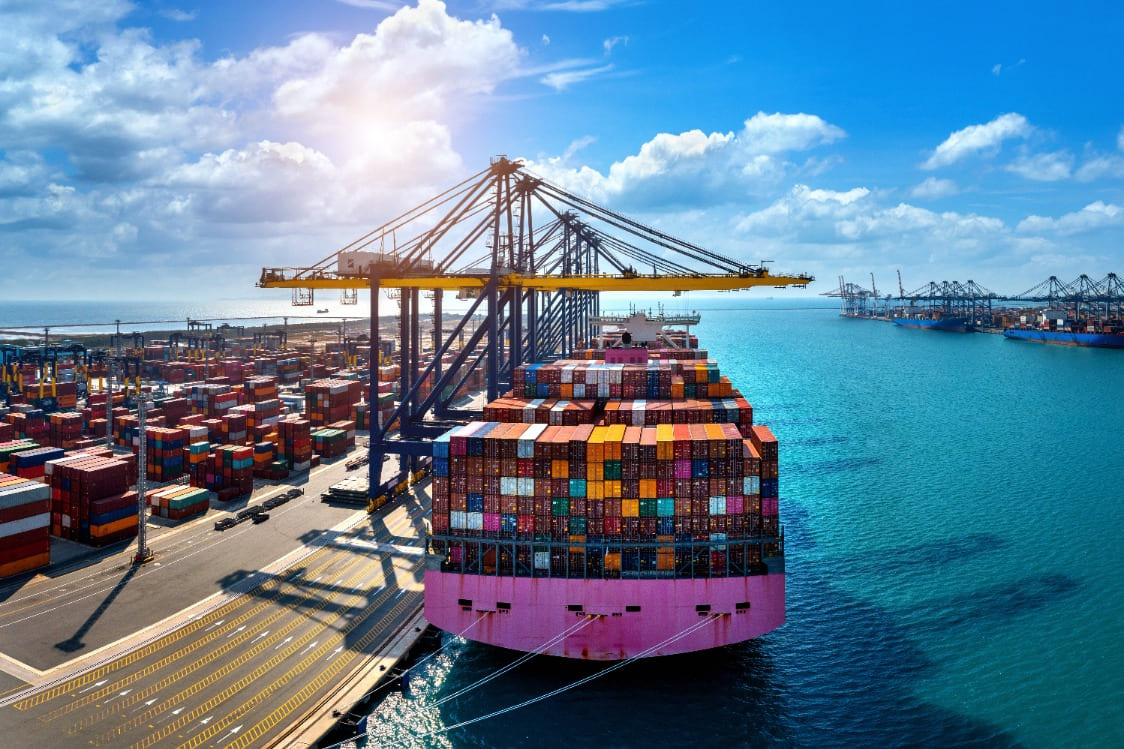Cargo Consolidation: Optimizing Logistics for a Global Economy
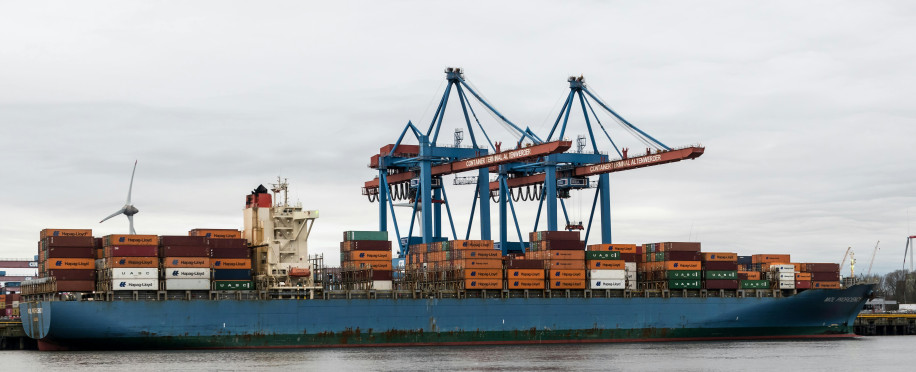
Posted on Dec 26, 2024 at 09:12 PM
Maritime shipping is considered one of the most used transportation methods internationally, with multiple types and sizes of shipments to deliver and ship freight across the world in the most efficient process.
Moreover, cargo consolidation is considered one of the most cost-effective cargo shipments due to its amazing benefits and effective shipping process.
Continue reading our article if you are interested in learning more about freight consolidation, planning shipment combining, and other freight delivery consolidating processes.
What Is Cargo Consolidation?
Cargo consolidation or freight consolidation is a shipping process that involves combining multiple shipments of cargo, that ideally require the same shipping conditions, from different shippers into a single container for transport by sea.
Furthermore, the freight consolidation service aims to benefit to the max from the single container space by combining shipments to reduce shipping costs for all involved parties, the freight consolidation services are typically managed by freight forwarders or freight consolidation providers who handle the shipment-logistics based on professional maritime logistics courses.
However, with the right cargo consolidation solution, the consolidated freight will stay safe in the combined container, be loaded to the carrier, and be delivered in the best condition.
What Is the Major Difference Between LCL Cargo And Consolidation Cargo?
As now we know what is freight consolidation, let us explain to you the maritime shipping term, the LCL which stands for Less-than-Container Load cargo which refers to transported shipments owned by one shipper yet does not fill an entire single container.
On the other hand, freight consolidation is the applied process of combining multiple LCL shipments from different shippers into a single container, thus, we can say that all freight combining includes LCL shipments, but not all LCL shipments are part of a consolidated container.
So, it is not a difference rather than two shipping processes that could interact together at some points to reach the best practices in maritime cargo handling and shipping.
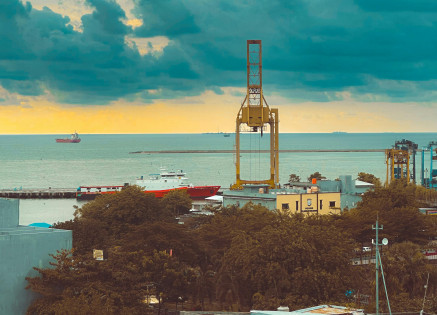
The Cargo Shipment Consolidation Process:
As we mentioned cargo consolidation is the process of combining multiple shipments into a single container, but as with any other transportation process, freight consolidation also goes through several steps:
Receive the Shipment at Port:
The consolidator arranges shipments receiving and delivering at a specific time from multiple suppliers at the port or a designated warehouse to start the effective freight consolidation process.
Checking and Categorizing the Shipments:
The next step of freight consolidation practice would include inspecting each shipment to classify the quality, quantity, and compliance with shipping packages, rates, and requirements. And then the consolidation responsible or company starts categorizing the multiple shipments by type, size, or delivery location.
Planning and Loading Consolidated Shipping Containers:
After categorizing and organizing the freight, then it is time to plan the multiple shipments into a single container to ensure suitable combined freight weight distribution, load by type of goods, optimize unloading order inside each container, and avoid damage in the loading process of containers on carriers.
Packing Lists and Export Documentation:
We can say that this is not a step, rather than a defined necessity in the shipping industry, as combining shipments into a single container must be done based on accurate freight packing lists and export documents to meet customs regulations and avoid delays.
Benefits of Freight Consolidation:
Shipment consolidation offers outstanding benefits to all the included parties from shippers to consolidate companies, and ship owners:
Time-Saving:
Freight consolidation has the power to boost the flexibility and efficiency of the supply chain process, due to the grouping of multiple shipments into one container, and simplifying customs procedures and logistics coordination which makes overall transit time faster for any business.
Reduce Costs:
Expertly sharing container space divides the paid money among multiple individual shippers, meaning that freight charges are distributed among them, which reduces the shipping costs of products and by default reduces the price on the customer, and minimizes shipment handling and storage fees.
Space Efficient:
Cargo consolidation operation requires an improved container loading strategy to increase the usage of available space, create efficient ordering, and reduce empty or wasted shipment space, which is a great benefit from cost and environment perspectives.
Last but not least,
Cargo consolidation is a shipping process that has multiple advantages to all the included parties, especially when done with the right planning and combining of shipments.
However, to run a successful freight consolidation in all shipments you need to sign up for the best maritime courses Dubai, UAE to get accredited certification and premier education.
